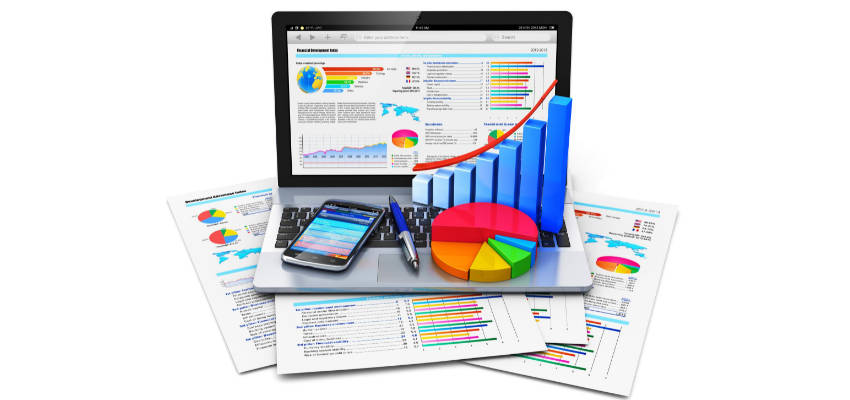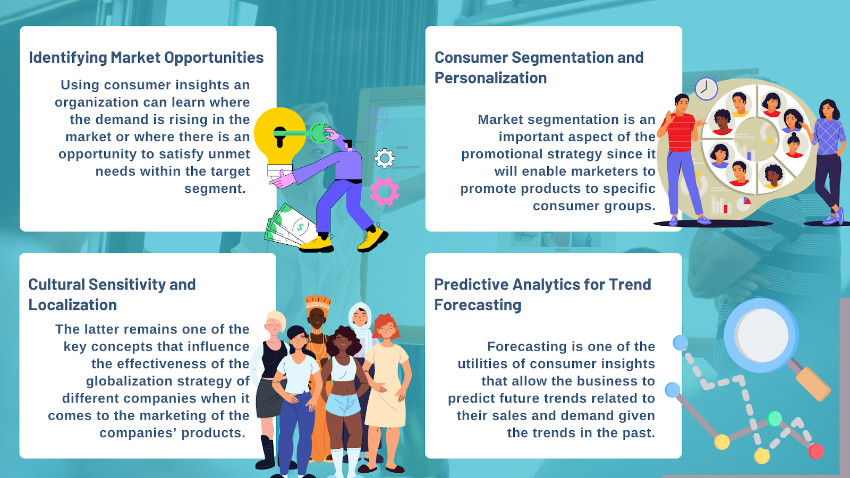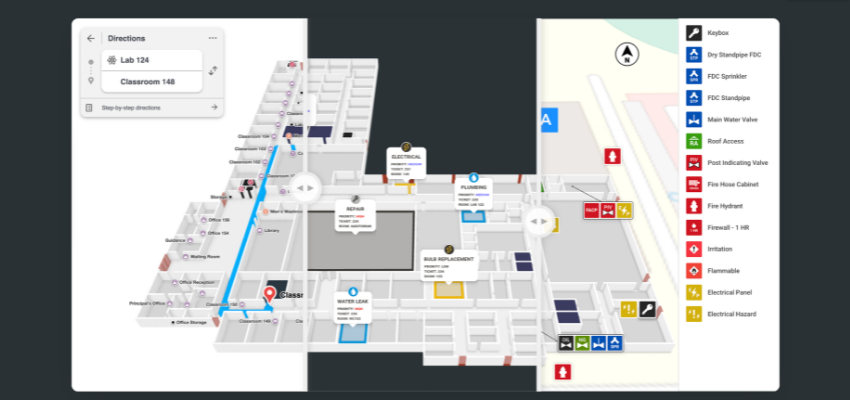Show:
Global Diversity: Navigating with Consumer Insights Platforms
The global interconnectivity of the world makes it imperative as well as prudent for the promotion of diversity not only as a cultural reality but also as a contemporary business reality. Australian organizations or ventures wishing to enter or already operating in foreign markets must grasp the complexities arising from diverse consumer behaviors, preferences, and cultural differences.
Consumer insights platforms have proven invaluable to businesses, providing the necessary knowledge and analysis to target diverse markets. This article seeks to analyze the impact of these platforms, especially from the perspective of managing diversity in business ventures.

Understanding Consumer Insights Platforms
Consumer Insights tools are highly evolved digital solutions that help businesses in the collection, analysis, and interpretation of consumer behavior and preferences. Social listening tools tap into social media, online reviews, survey results, and transaction information to provide a unified view of consumer perspectives and behaviors.
By utilizing effective sorting methods such as machine learning algorithms, massive amounts of data are analyzed, and their results are presented in ways that can prove useful in various areas, including marketing, product development, and customer relations.
The Role of Consumer Insights in Navigating Global Diversity
1. Identifying Market Opportunities
Using consumer insights an organization can learn where the demand is rising in the market or where there is an opportunity to satisfy unmet needs within the target segment. For instance, an organization may perhaps have an insight that a specific type of environment-friendly product is a trending issue in the European markets, but it is not widespread in Asia.
Conducting branding exercises can help companies tailor their offerings to align with regional preferences and effectively communicate their value proposition. This knowledge is particularly useful for business organizations to tailor products and services to meet the specific needs and preferences of each region.
2. Cultural Sensitivity and Localization
Cultural sensitivity and localization remain key concepts influencing the effectiveness of companies’ globalization strategies, particularly in marketing their products. Consumer insights platforms allow businesses to understand the targeted market, its cultural practices, beliefs, and attitudes in a particular region, to match the marketing and advertising’s tone to the respective culture’s standards.
For instance, a multinational fast-food franchise can apply these considerations when adapting its menu items and advertisements to local preferences.
3. Consumer Segmentation and Personalization
Market segmentation is an important aspect of the promotional strategy since it will enable marketers to promote products to specific consumer groups. Insights platforms can utilize the data to effectively segment a broader market into smaller, more targeted parts, such as age brackets, income categories, or lifestyles. Moreover, integrating branding workshops into the process can further refine these segments by aligning brand messaging with each group’s unique characteristics and preferences, thus ensuring more effective and resonant marketing efforts.
Through this, it becomes easier for businesses to market their products while addressing the customer’s needs and wants as are brought out by the outlined segments. For instance, a cosmetic product may realize that it is fashionable for the new generation in North America to shop for riskier novelties, whereas the mature generation buyers from Europe prefer more conventional image-enhancing cosmetics.
4. Predictive Analytics for Trend Forecasting
Forecasting is one of the utilities of consumer insights that allow the business to predict future trends related to their sales and demand given the trends in the past. It is more applicable in contemporary environments that bear high levels of volatility since it can enable an organization to seize opportunities ahead of competitors.
For instance, fashion retailers may apply this framework to predict trends in the future so that they can stock their stores using the insights gained from the analysis.

Challenges and Ethical Considerations
Thus, the WCR recognizes the advantages of consumer insights platforms while pointing out their drawbacks and controversies. One such issue is data privacy which must be adhered to, especially while capturing and processing information regarding consumers, this includes the GDPR in Europe. Companies need to also be very careful when collecting the information of the consumers and must make sure that consumers are fully aware and agree to be fully profiled.
Further, you have the data bias type where some findings hailing from less valid data pools or cases may result in poor approaches being made by the firm. To mitigate this risk, companies should invest in robust data validation systems and gather data from diverse sources to enhance the chances of validating the provided data.
Future Directions
Artificial Intelligence (AI) and machine learning are some of the key technologies that could help define or reshape the consumer insights platforms of the future. Such technologies will add more strength to the handling as well as the processing of big data for providing even more comprehensive and coherent results.
Moreover, incorporating the data from news feeds that can be either real-time or close to it means that businesses will be able to quickly adapt to new trends or changes concerning consumer behavior.
One emerging opportunity is that of utilizing augmented and virtual reality (AR/VR) to gather consumer feedback. For example, firms can design online shopping malls where people shop in controlled settings that help firms capture concrete information regarding consumers’ needs and their predispositions to make certain decisions.
Conclusion
In particular, the internationalization of the business environment as a result of the globalization process throws out a great significance for understanding and management of global diversity. Consumer insights platforms serve to give business organizations tools that are used to make sense of the enormous amount of information that consumers across the globe create, to come up with strategies that best suit their respective regions.
Using these platforms, firms are then able to recognize forthcoming opportunities and adapt products and services in a more unique way to meet market demands and thus be competitive in the international market. Growth of technology means that there are additional opportunities for the specific consumer insight platforms that will develop and become more beneficial for the businesses that are willing to take advantage of the opportunities in the context of global diversity.
FAQs
- What are consumer insights platforms?
Consumer insights platforms are advanced digital tools that gather, analyze, and interpret large sets of data related to consumer behaviors and preferences.
- How can consumer insights platforms help understand global diversity?
These platforms enable businesses to uncover differences and similarities in consumer behavior across different regions and cultures.
- What kind of data do consumer insights platforms analyze?
Consumer insights platforms analyze a wide range of data, including but not limited to social media activity, online reviews, consumer surveys, purchase history, demographic information, and behavioral data.

 Return to Previous Page
Return to Previous Page








